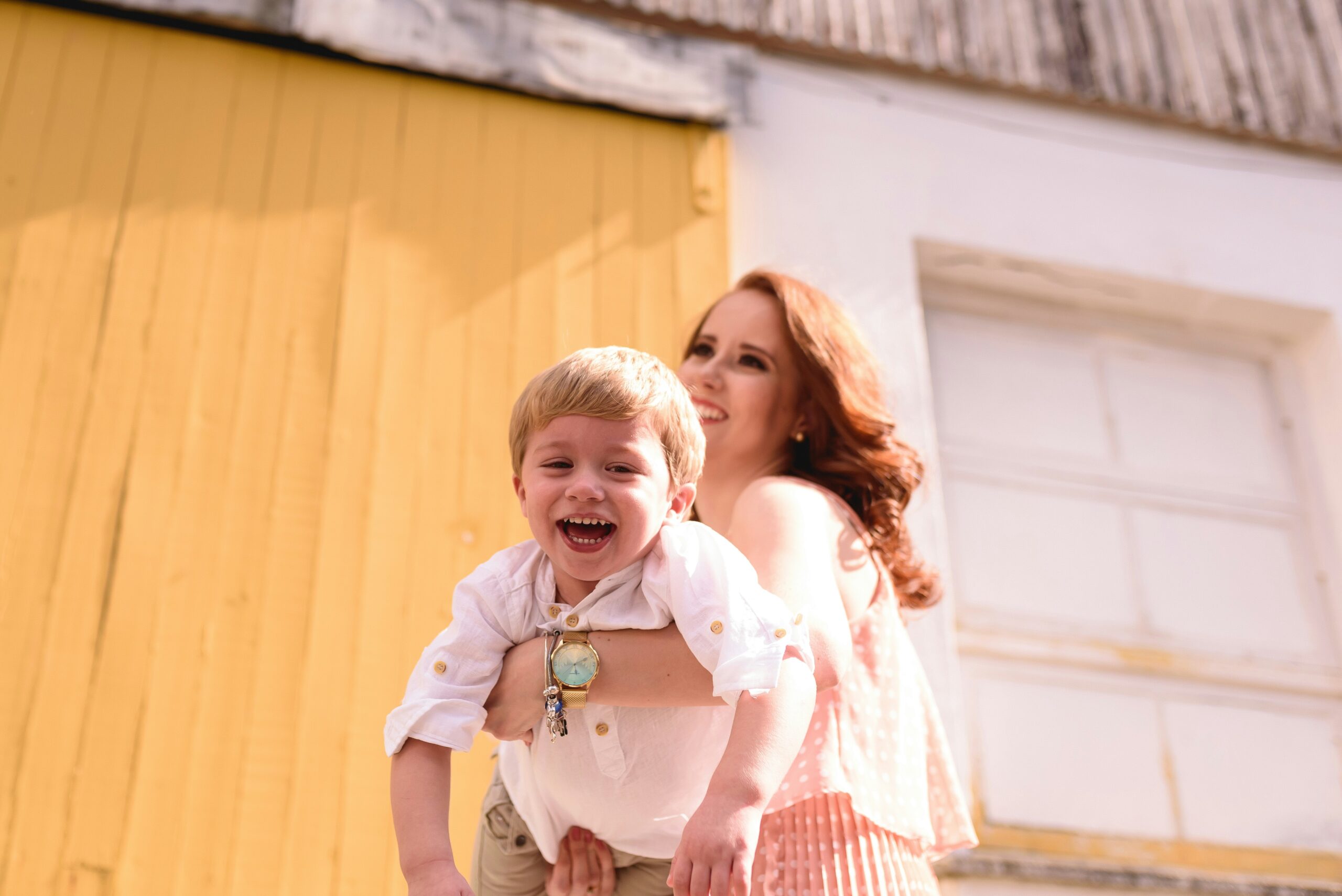Mothers are some of the bravest people I know.
We mothers endure morning sickness, swollen ankles, food cravings, weight gain that defies the medically allotted limit and labor that feels anything but natural. Some of us navigate the invasive technologies of infertility treatments, the heartbreak of miscarriages and the seemingly endless months of adoption— all to become a mother.
Are you one of the thousands of women fueling the trend of late-in-life motherhood? If so, the medical community slaps you with a high-risk label. As a 35-year-old-plus mother— what I call a “mommy-come-lately”— you deserve a standing ovation for bearing the additional load of motherhood medical what ifs. Late-in-life motherhood is risky business.
The Why of Late-in-Life Motherhood
There is much debate about delaying motherhood by choice. But, there’s more to being an older mother than the “let me get a few other things done first” belief.
Some women start having children in their 20s and continue right on through their 30s and 40s. An unexpected pregnancy surprises some women. Other women remarry and become a mother later in life because divorce or the death of a husband ends a first marriage. Sometimes Mr. Right takes his sweet time showing up. No matter the reason, the face of motherhood has aged in the past 15 years.
A Funny Thing Happened on My Way to the Empty Nest
Years ago, my life to-do list didn’t include a pregnancy at age 41, not even as an optional activity. At that age, I was busy keeping pace with my three teenage kids. My son was applying to college. My two daughters were in the throes of adolescent hormones.
When a positive pregnancy test unexpectedly detoured my route to the empty nest, I had one thought: Can I do this again? I wasn’t worried about up-all-night-with-a-fussy-baby exhaustion. Rather, I was weighing the emotional cost of motherhood— the onslaught to my heart.
Once my “caboose baby” was born, I gave an initial sigh of relief. I had survived my battle versus five months of unrelenting, all-day morning sickness. I had overcome an unexplained episode of bleeding in my second trimester. I had “birthed” a kidney stone six weeks before my due date, and sang the praises of morphine that night.
Even labor and delivery didn’t go according to plan. My 40-something cervix refused to dilate. Was it just old and tired? I ultimately submitted to an epidural and pitocin, despite my first three deliveries being drug-free.
The Mother of All Risks
Now I faced the most challenging task of all: being my daughter’s mother. Author Elizabeth Stone says motherhood is “to decide forever to have your heart go walking around outside your body.”
Becoming a mother is one thing. Being a mother is something else. Talk about risky business.
The heart-expanding adventure of being a child’s mother separates the women from the girls. The greatest challenge I’ve faced as a mother didn’t occur during nine months of pregnancy. It didn’t happen in the birthing center. I realized just how daunting motherhood is as I let go of my expectations— my life— and embraced my children. Isn’t that just as true for a 20-something mother as a mommy-come-lately? Well, yes and no.
Rocking Your World
What’s the big deal? What’s the difference between an over-35 mother and a younger mother?
The most significant difference is time. With extra years, even decades, behind them, most women in their mid-30s and 40s have established some kind of life. Maybe not the life of their dreams— but, maybe it is.
And then, baby changes everything.
I like how my friend Jane, a fellow mommy-come-lately, put it. She said having a child in her mid-40s rocked her world. Late-in-life motherhood clashed with what she pursued her whole life.
Whether you are a 46-year-old first-time mom or you have an unexpected blessing like me, late-in-life motherhood alters the flow of your life. Life as you know it becomes life as you knew it. Relationships change— with your spouse, with your other children, with your extended family members and with your friends. And being an older mother changes you. It’s that whole “feels like my heart is walking around outside my body” experience.
A mother’s love is composed of her hopes and dreams for her child. Mothers want the best for their daughters, wishing all their dreams will come true, all the while imagining that each daughter will be kinder and more compassionate than she, the mother, ever was. A mother’s love is tinged with her worries and fears for her child. When I held my daughter, the world suddenly seemed a much scarier place.
A mother’s love is shaded with how she hurts when her child hurts. My heart aches when my daughter is in pain, be it from skinned knees or bruised feelings.
A mother’s love is highlighted with joy when her child is over-the-moon happy. I love nothing more than to see my daughter’s incandescent smile of 6-year-old delight.
The Cost of Being a Mommy-Come-Lately
Being an older mother costs you. Remember all those increased medical risks you heard while you were pregnant? Those can’t be denied. And there are also emotional risks after your child’s birth. As a mommy-come-lately, you have an increased chance of shedding tears of both sorrow and joy. You have an increased chance of exhaustion, both emotional and physical, as you experience all of life with your child. You have an increased chance of wondering why you ever became a mother— and wondering why you ever thought you wanted to miss being a mommy-come-lately.
Is it worth the risks? Absolutely. But I say, choose to open your arms wide and embrace your child— and all of your child’s future life experiences.



